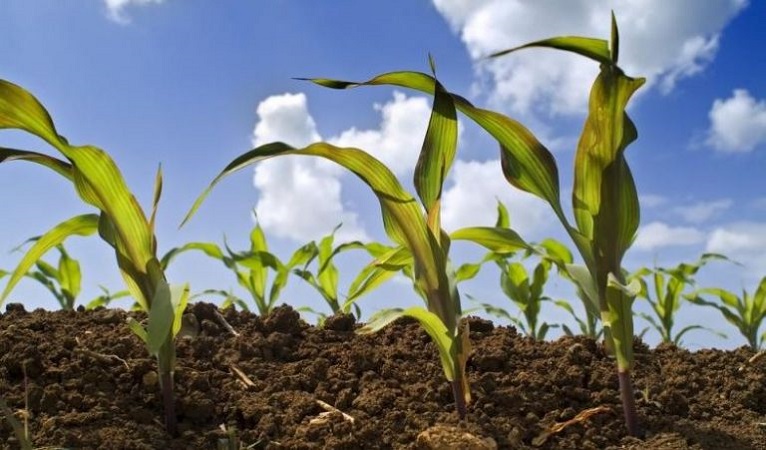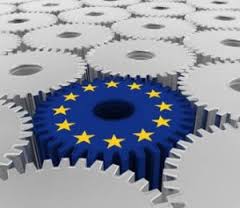
The interview to Chiara Corbo, researcher of Smart AgriFood Observatory.
“Every year we lead, publish and show a report, the last one on January 23rd. Investigated themes for just ended 2016-2017 edition inspected: precision’ farming or farming 4.0, food traceability and quality, innovation in startups and the dairy supply chain as a case study (a report dedicated to the latter was published in October 25th). During 2018 edition we’ll add focuses on the block chain technology for products traceability and on the other supply chains, that would be the wine or the cereal ones”.
What are the main emerged results?
The outcomes showed that digital innovation may have a strong impact on companies’ competitiveness about costs’ reduction, process’ efficiency and product’ quality. For instance one dairy saved 64.000€ thanks to the use of digital innovation to optimize quality of bovines’ nutrition. If we extend the systems to 3 dairies we save 5.000.000€. The whole Italian dairy sector could save yearly 100.000.000€ adopting 3 innovative solutions: remote monitoring of bovine’ nutrition, electronic veterinary prescription and smart sensors with geolocation of products’ distribution. Prices’ reduction is a fundamental element to promote competitiveness of italian agricultural system: agrifood companies have to face many different challenges, among which an increased needs. Italy can compete on production’ quality pointing on particularly strong economies of scale.
Can you give me more details about precision’ agriculture?
With regard to 4.0 agriculture we still have to do a lot of job because less than 1% of the total agricultural surface in Italy is cultivated with this technology. It’s true, anyway, that there are more than 300 applications of smart agrifood in Italy and the half of them may be adapted to different kinds of cultivations.
How much is digital innovation strategic for italian business?
Some examples that we analyzed seems to contradict the myth of “company’ dimension”: it isn’t true that only the biggest societies can manage this kind of investments. We saw very small companies starting innovative virtuous processes. For instance an only 3 hectares’ winery put in practice a solution for precision agriculture, obtaining benefits about final product quality, with field sensor continually monitoring vineyard and the presence of possible diseases. The aim is ot obtain “virgin grapes” with a perfect sugar grade and without chemical remains. Furthermore, a company of Ferrara, saved 30% on fertilizer usage and increased the production performance of 20%.
When we talk about innovation we talk implicitly of a higher expense, both for company and consumer, with benefits on long term.
Nowadays consumers are more oriented to spend on quality’ products. Actually, the incomes’ growth and products bigger brand awareness go together with costs’ reduction for the company. Thanks to digital innovation, we may give new information to consumer, which is particularly demanding about sustainability and the biological, as well as animal health and, for the company, to make easier the certification’s processes.
Circular economy is a zero waste economy. What’s the effect on agrifood?
Digital qualifies distribution. In logistics sensors help monitoring both the vehicles’ way and goods conditions, among which cold’ gradation. This prevents wastefulness, especially of the most delicates products. Moreover, digital extends traceability’ borders and introduces new elements, beyond the one obligatory by law that allow to control continuously the products’ state. Circular economy’ theme will become a detailed study’ spark in the next report.
You mentioned block chain as the new focus for 2018 edition of your report. What are intersections with agrifood’ sector?
Block chain is a technology born in financing circle, but it may be used in many sectors, including food farming. It’s a system that enables transparent communication and that may helps with frauds and forgery’ prevention, that nowadays represents a frequent phenomenon with regard to high value’ wines.
Per ricevere quotidianamente i nostri aggiornamenti su energia e transizione ecologica, basta iscriversi alla nostra newsletter gratuita
e riproduzione totale o parziale in qualunque formato degli articoli presenti sul sito.



















